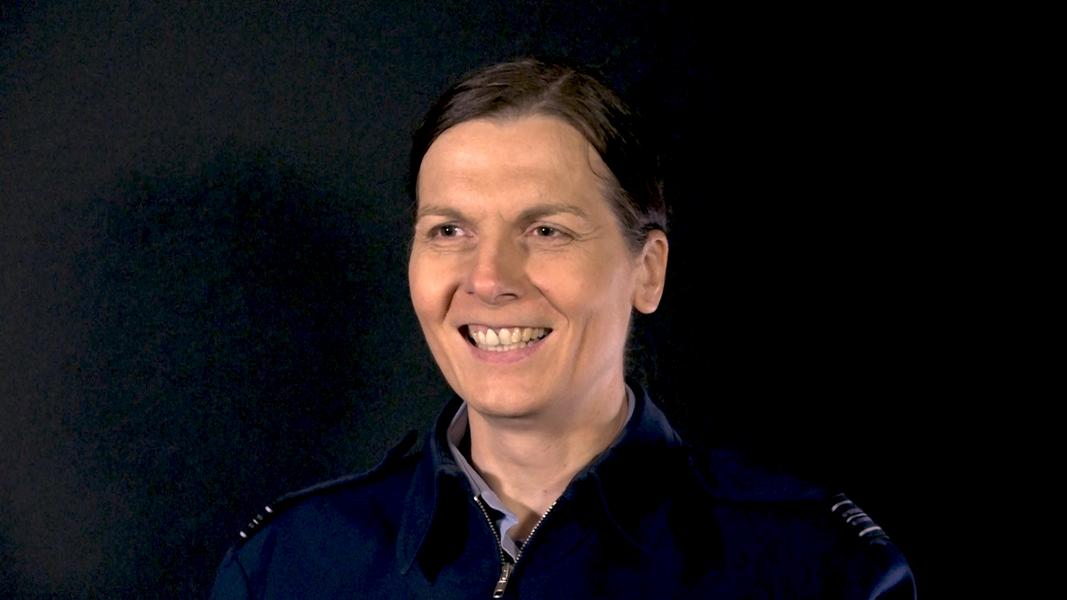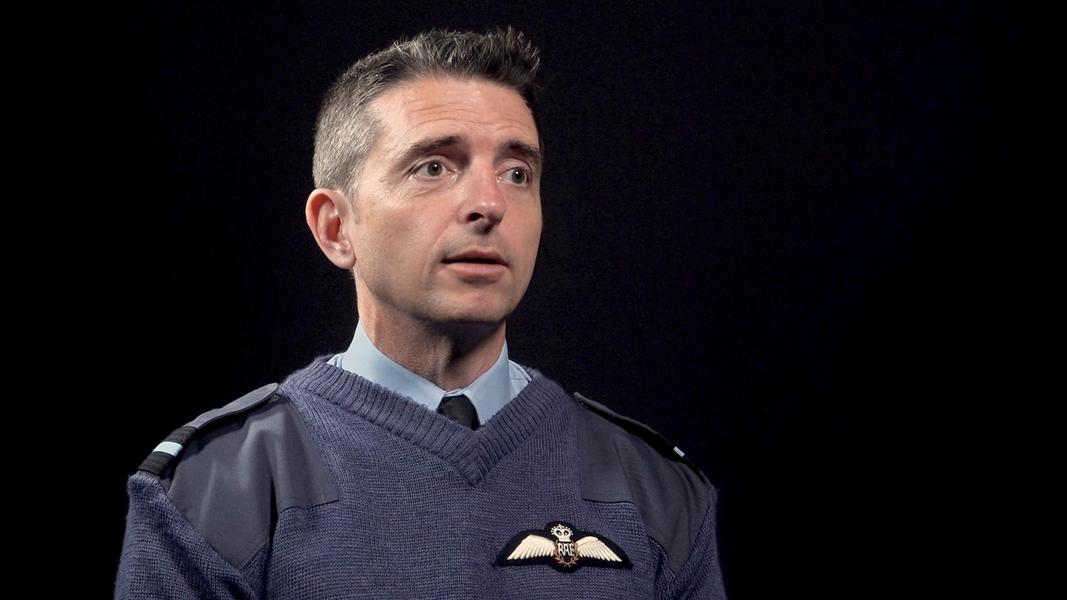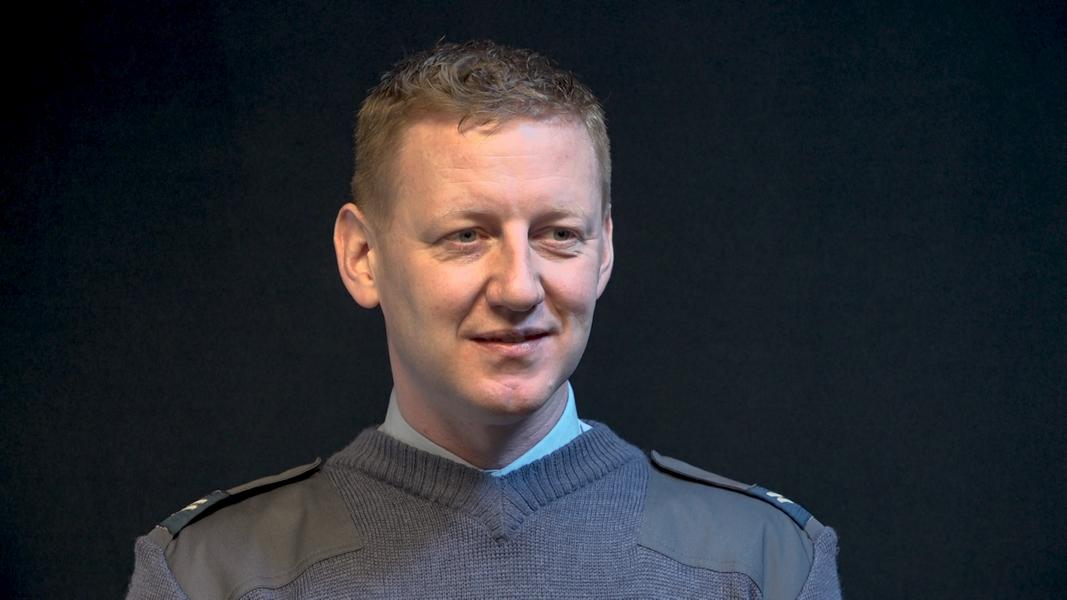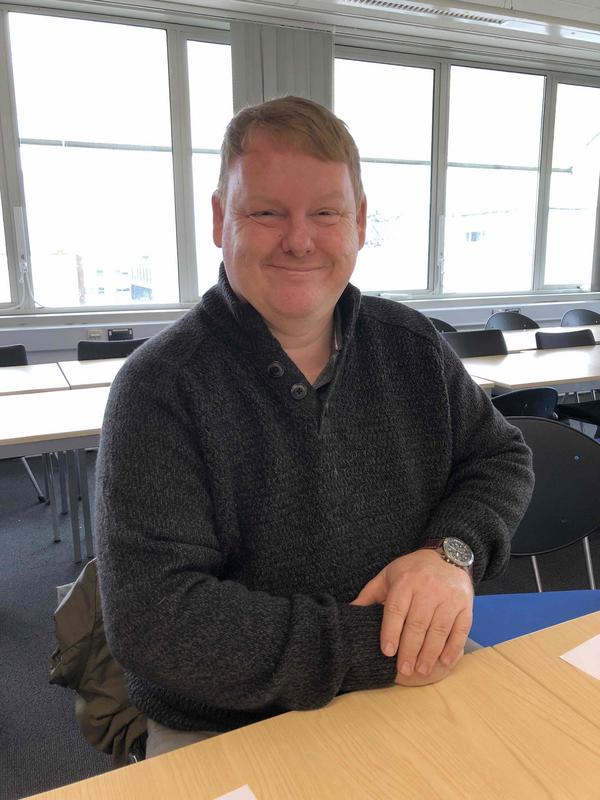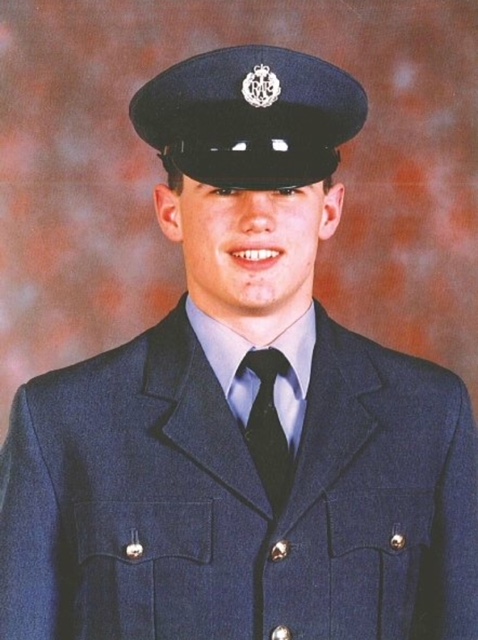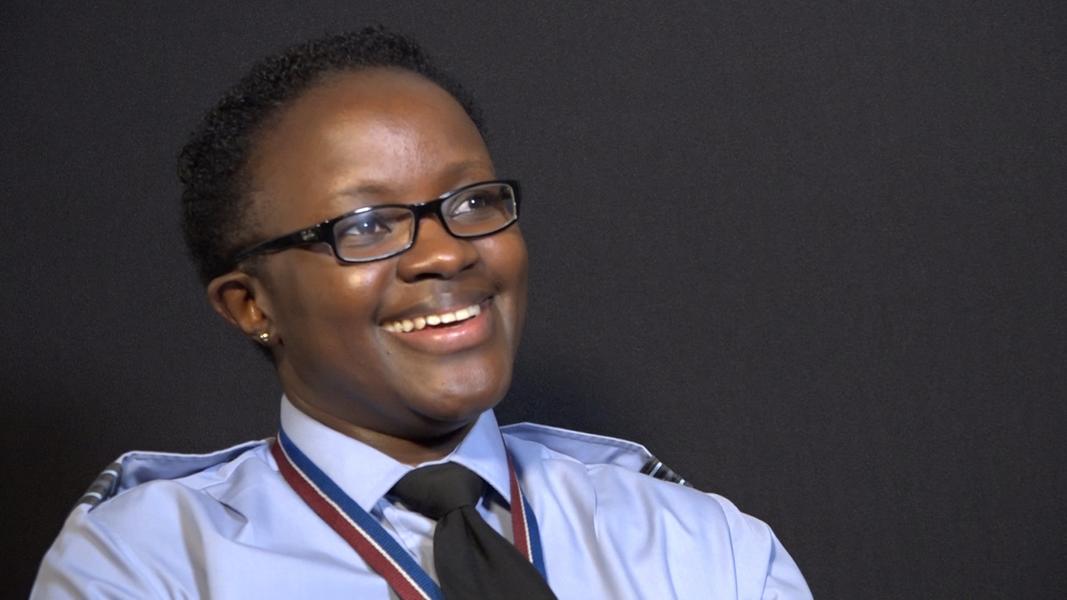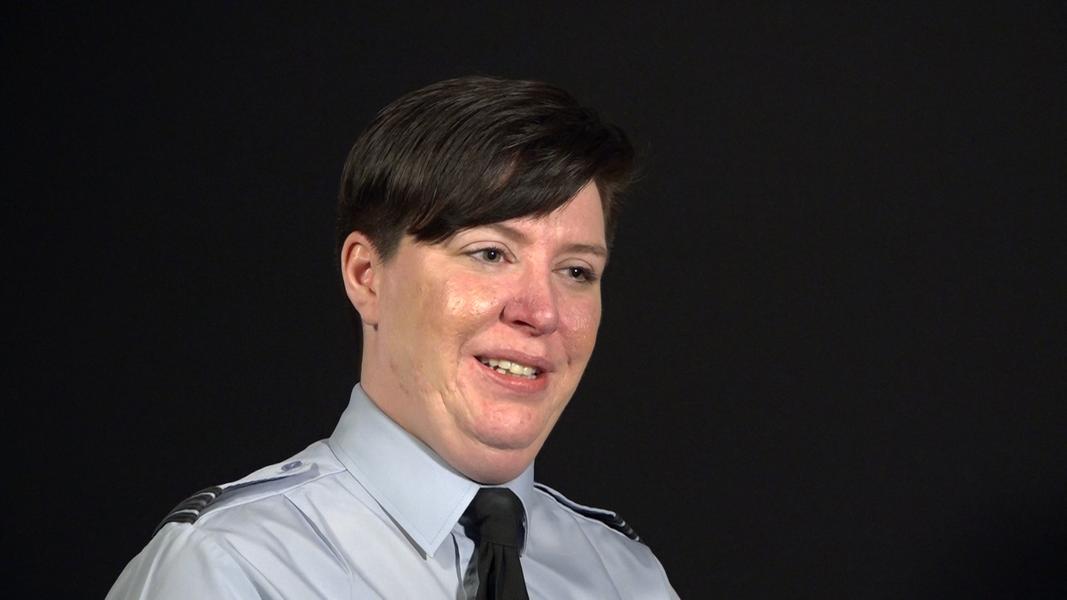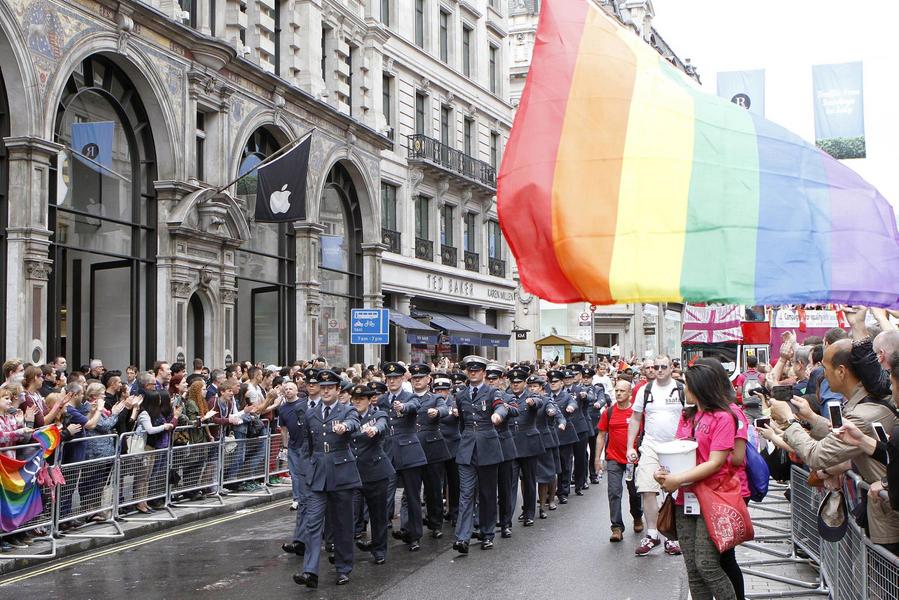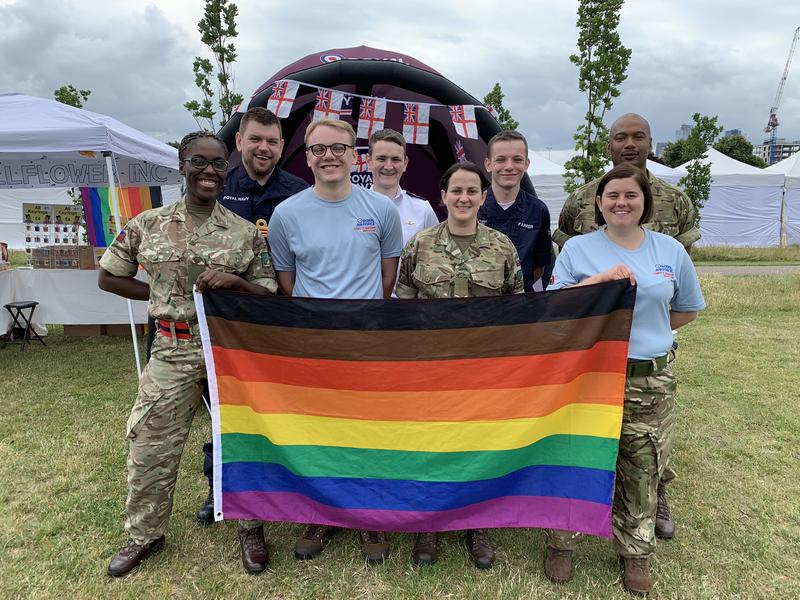But I'm 46 now, so for over 40 years,
I knew that I was transgender.
But society was particularly hostile back in the 1970s
to anybody who was perceived in any way to be different
so having grown up in an environment where
I didn't think I would ever be able to be myself,
and then joining a military organization
that from 1999 onwards became this progressive,
inclusive beacon if you like for inclusivity,
allowed me to be myself and once I got to that stage,
there's kinda no going back really.
You see how far the military's come,
but equally how far behind to a certain extent
society is lagging in terms of certainly
transgender acceptance or acceptance for transgender people.
And so my drive if you like is to try to
change the narrative around what it means
to be part of the LGBTQ+ community
so that everybody from within the service
and extending out to their extended families,
but also wider than that and out to other organizations
and out to the public at large,
start to see LGBT+ people as people first.
Because I think we all have a unique story to tell
and sometimes we see a label before
we even start to consider that story.
So people tend to get involved for very similar reasons,
that they've had similar backgrounds,
they've received support, they've seen an organization
that will allow them to be themselves,
will allow them to thrive, will support them in thriving,
and they wanna feed something back.
